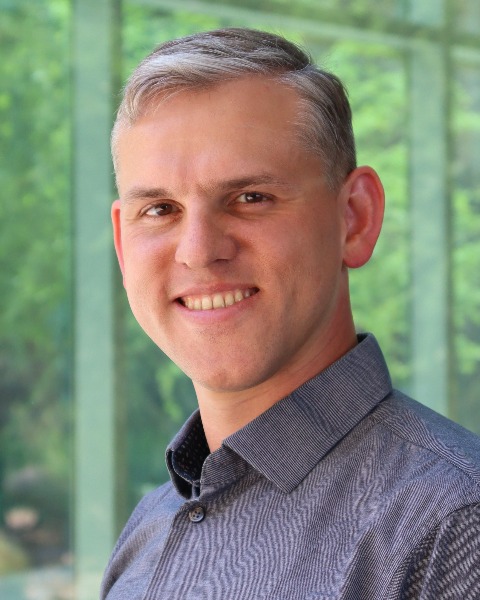
George L. Sutphin, PhD (he/him/his)
Assistant Professor
University of Arizona
Tucson, Arizona, United States
The Sutphin Lab studies the biology of aging using tools in Caenorhabditis elegans and mice. We have developed a translational pipeline to identify and mechanistically characterize novel interventions that extend healthy lifespan in C. elegans, validate longevity phenotypes and identify disease targets in mice, and translate the most promising interventions into the clinic. Using this pipeline, we identified pro-longevity properties for the tryptophan metabolite 3-hydroxyanthaanilic acid (3HAA). We are now conducting mechanistic studies to understand the impact of 3HAA on longevity and age-associated decline in stress resistance in immune function in both C. elegans and mice. We are also examining several targets in the tryptophan-kynurenine metabolic pathway in mouse models of kidney and liver cancer. Aging is characterized by both an increase in cellular stress and a decrease in the capability of our cells to deal with the consequences of that stress. Past work has characterized the response of cells to different categories of stress applied in isolation, but little work has been done to examine how cells respond when different forms of stress are encountered simultaneously. A second focus of the lab is on understanding the interaction between different combinations of cellular stress and the corresponding stress-response pathways. Finally, we have a substantial interest in developing novel methodology in C. elegans aging. We have developed new tools and techniques for high-throughput automated analysis of healthspan and longevity in individual animals, detailed tracking of infection initiation and progression using fluorescently labeled bacteria, and high-throughput tracking of fluorescently labeled stress markers across lifespan.
George L. Sutphin, PhD
Assistant Professor, Molecular & Cellular Biology
University of Arizona
sutphin@arizona.edu
sutphinlab.org
Disclosure information not submitted.
Presentation(s):
-
Biological Sciences GSA & AGE Joint Symposium
Saturday, November 16, 2024
8:00 AM - 9:30 AM PST
